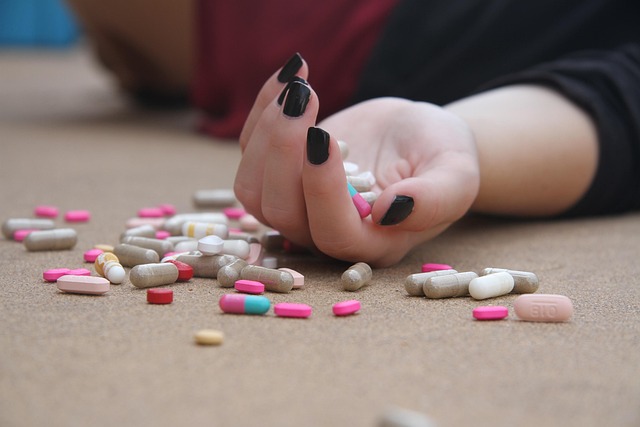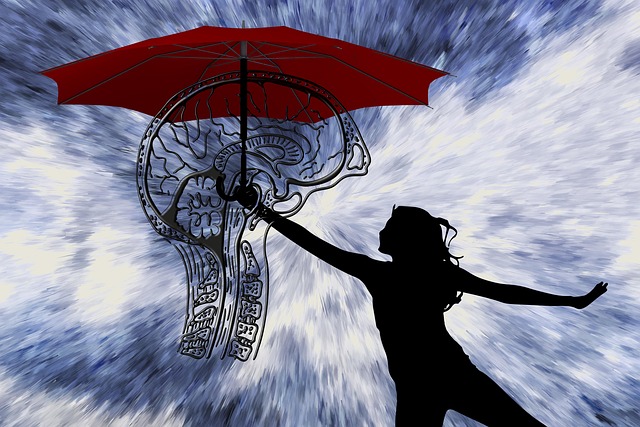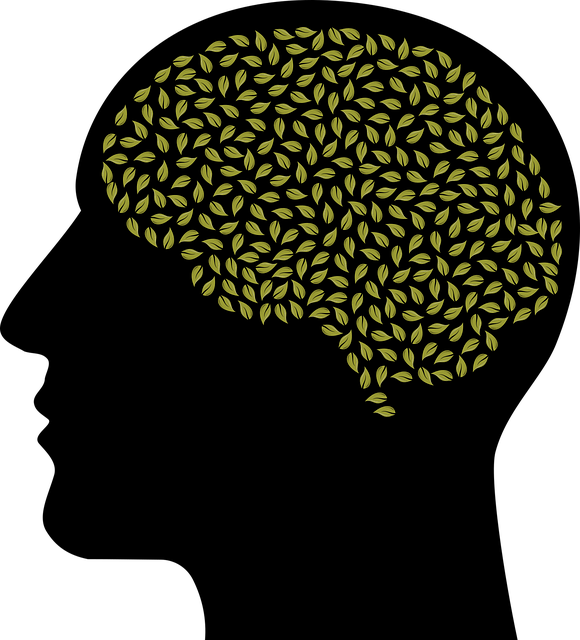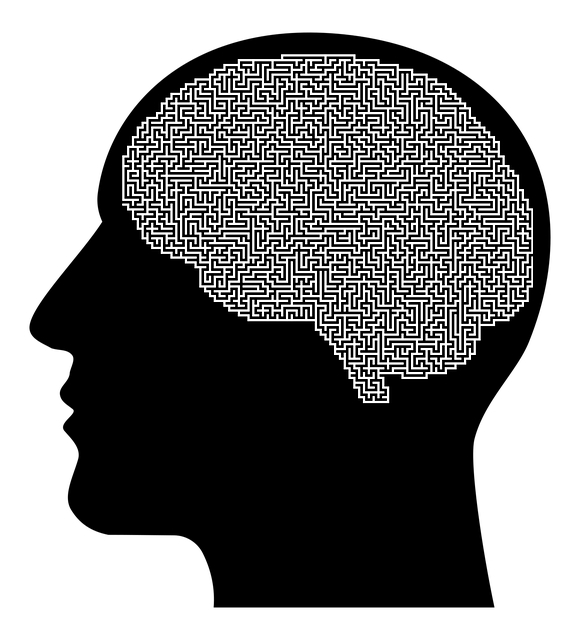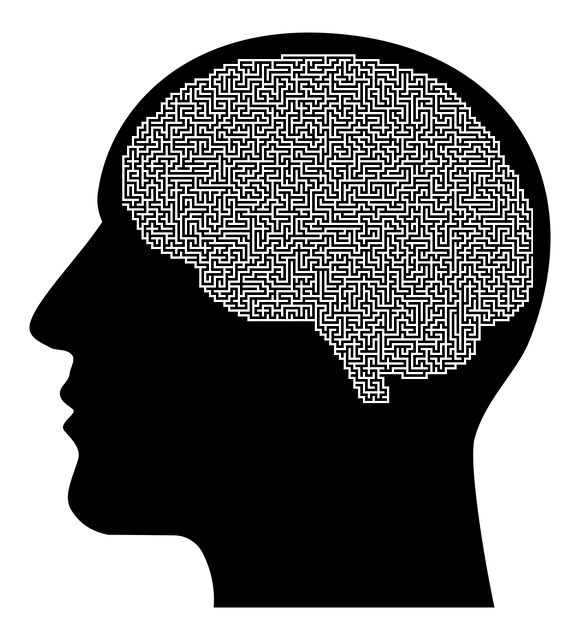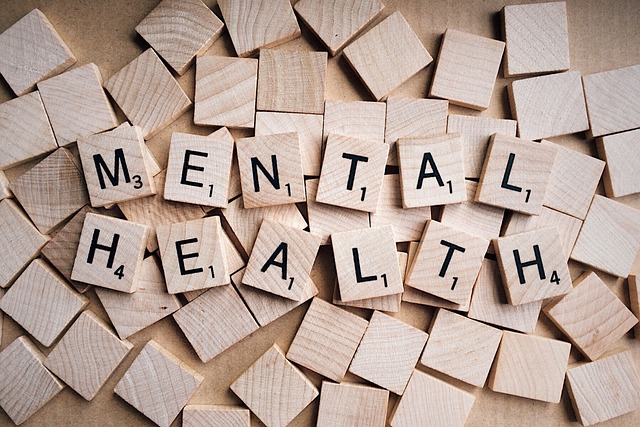Lone Tree Geriatrics Therapy offers targeted social skills training to improve mental health outcomes for seniors managing conditions like depression, anxiety, and cognitive decline. Emphasizing emotional intelligence and cultural competency, their holistic approach uses role-playing, mindfulness meditation, and CBT to enhance communication, empathy, and group dynamics, empowering patients to overcome isolation, regulate emotions, and engage socially with confidence in a supportive environment.
Social skills training is a powerful tool for improving mental health outcomes, especially among older adults. This comprehensive guide explores the intricate link between social connections and mental wellness, highlighting its potential as a transformative therapy. From geriatric care settings to broader mental health treatments, we delve into effective strategies to enhance social interaction. Discover how Lone Tree Geriatrics Therapy can revolutionize support systems, fostering meaningful connections and promoting overall well-being.
- Understanding the Connection Between Social Skills and Mental Health
- The Role of Social Skills Training in Geriatric Care
- Practical Strategies for Enhancing Social Interaction in Mental Health Treatment
Understanding the Connection Between Social Skills and Mental Health

Social skills training plays a pivotal role in enhancing mental health outcomes, especially for individuals managing various conditions. The connection between social skills and mental well-being is profound; loneliness and isolation often compound existing mental health challenges. Lone Tree Geriatrics Therapy recognizes that developing or re-establishing social connections can significantly impact recovery.
Emotional Intelligence and Mental Health Awareness are closely intertwined. Training in these areas helps individuals recognize and manage their emotions effectively, fostering healthier interactions with peers and improving overall Mental Health Awareness. Moreover, Healthcare Provider Cultural Competency Training is essential; it equips professionals with the sensitivity to address diverse patient needs, ensuring that social skills interventions are tailored to individual cultural backgrounds.
The Role of Social Skills Training in Geriatric Care

Social Skills Training plays a pivotal role in geriatric care, addressing essential aspects of mental health that often accompany aging. Many elderly individuals face challenges in social interaction due to conditions like depression, anxiety, or cognitive decline, leading to isolation and further exacerbation of their mental health issues. Lone Tree Geriatrics Therapy recognizes this and offers specialized Social Skills Training programs tailored to these unique needs.
The training focuses on improving communication skills, empathy, and group dynamics, which are crucial for fostering meaningful connections and enhancing self-esteem. By learning effective social strategies, geriatric patients can better manage their moods, improve their sense of belonging, and even reduce the symptoms associated with age-related mental health conditions. This holistic approach not only improves quality of life but also empowers seniors to navigate social situations confidently in a supportive environment.
Practical Strategies for Enhancing Social Interaction in Mental Health Treatment

Social skills training is a potent tool within mental health treatment, offering practical strategies to enhance interaction and improve overall well-being. For individuals seeking support at Lone Tree Geriatrics Therapy, these techniques can be life-changing. One effective approach involves role-playing scenarios, where patients practice social exchanges in a safe environment, building confidence and mastering communication cues. This method is particularly beneficial for those with anxiety or social phobias, enabling them to confront their fears gradually.
Additionally, incorporating mindfulness meditation and self-esteem improvement exercises can significantly aid in mood management. Mindfulness practices help individuals become more aware of their thoughts and emotions during social interactions, fostering a sense of calm and improving emotional regulation. Self-esteem improvement techniques, such as cognitive-behavioral therapy (CBT) strategies, empower patients to challenge negative thought patterns and build positive self-perceptions, thereby encouraging proactive engagement in social settings.
Social skills training plays a pivotal role in enhancing mental health outcomes, particularly in geriatric care. By understanding the connection between social skills and mental well-being, we can significantly improve treatments. The strategies outlined, such as those applicable through Lone Tree Geriatrics Therapy, offer practical ways to foster meaningful interactions, ultimately revolutionizing how we address mental health challenges. These approaches not only complement traditional therapies but also empower individuals to navigate social landscapes with greater confidence and resilience.



